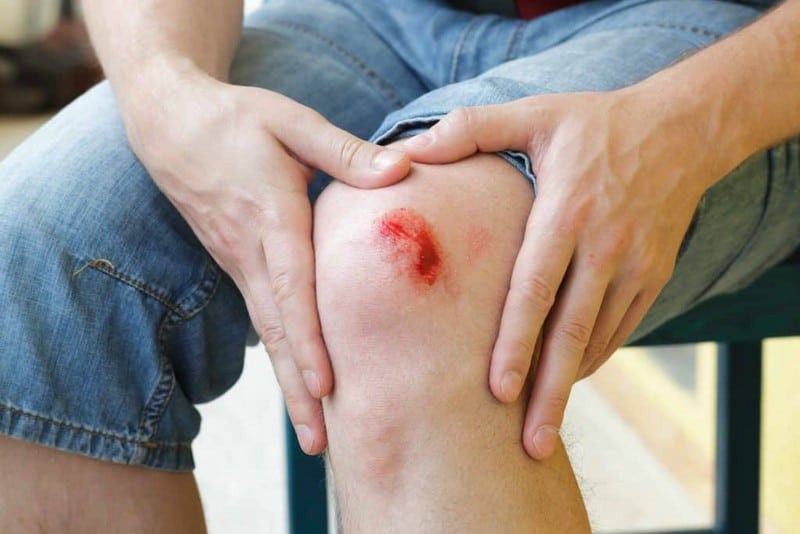Slow Healing Wounds

Wounds include abrasions, cuts, scrapes, scratches, and punctures that break the skin’s epithelial layer. Although most wounds aren’t considered life-threatening and are, in fact, skin-deep, there is still a need for people to properly take care of them to ensure that they don’t become infected. Typically, wounds are supposed to heal anywhere between 4 and 24 days. However, in some cases, wounds are pretty slow to heal and can take weeks before any improvement in appearance is seen. It can be problematic because slow-healing wounds can be discomforting and indicate a deficiency or disorder.
Zinc is essential in healing wounds as it is a cofactor in autodebridement and keratinocyte migration, two important processes in wound repair. In addition, zinc provides resistance against epithelial apoptosis, which refers to cell death, through cytoprotection against toxins and reactive oxygen species. People who suffer from zinc deficiency can experience pathological changes that result in slow wound-healing processes. Cell regeneration takes longer and opens up the possibility of infections and other problems.
Those who experience slow-healing wounds can take oral zinc supplementation to ensure that their condition will improve. Although consuming more zinc-rich foods may be the best alternative to ensure the body functions much better.










